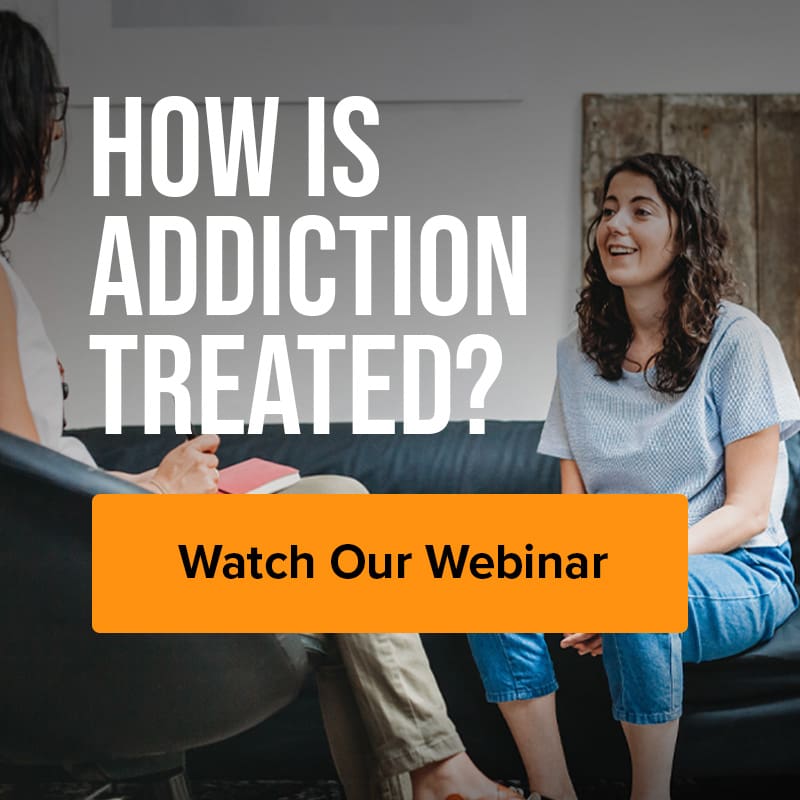At age 7, Tony Lehal had his first beer. After finishing it and feeling ill, the experience should have dampened his enthusiasm for alcohol. But at 13, Tony began drinking coolers with his older friends. At first, drinking was fun and gave the shy teenager confidence.
Jumping ahead to his early 20s, Tony was married and running his own business in wedding video-photography. But his drinking wasn’t fun anymore, and it was becoming a problem.
Concerned, Tony’s wife reached out to his family. After much discussion, they arranged an intervention. Tony didn’t believe he had a drinking problem, but he went to Alcoholics Anonymous anyway. However, after completing treatment, he began drinking again right where he left off.
Not understanding substance use disorder, his family mistakenly believed that he could drink socially. Tony says he would sip on his drink and convince everyone he was fine. Nobody knew that he was stashing alcohol under his bed, in his car, and all over the house.
Angry, Miserable, Addicted
When Tony’s family saw what was happening, they confronted him. He returned to AA meetings. Tony was in and out of the rooms of AA for the next few years. At one point, Tony even achieved 11 months in recovery, but he wasn’t happy. Although he was regularly attending meetings, he didn’t do the homework. As a “dry drunk,” he felt angry and miserable most of the time.
In March 2010, now 30 years old, Tony’s daughter was born. He white-knuckled sobriety, but it didn’t last. The following year, his wife went back to work, and while Tony was caring for his infant daughter, he got drunk. Fed up, his wife said she’d had enough and Tony moved back to his parents’ house, cutting off all contact with his wife and young daughter.
From there, things would only get worse. For eight months straight, Tony drank around the clock. He got multiple DUIs and experienced blackouts from over-consuming alcohol. His hands shook, and he couldn’t eat. His health was deteriorating and every awful thing that he had heard would happen to him did. He felt depressed, hopeless, and thought about ending his life.
One day, Tony’s aunt, a health care practitioner, came to visit. She noticed that Tony looked sick—even his skin colour had changed. Worried that Tony would succumb to his alcohol addiction, his aunt found an exceptional treatment facility to help him get better: EHN Edgewood Nanaimo. A week later, Tony was headed to treatment.
A life, transformed
On May 25th, 2013, Tony entered EHN Edgewood Nanaimo. He was defeated and wondered where his life had gone. Feeling like a broken man, Tony saw a sign on the wall that read, “House of Miracles.” A spark of hope lit up inside Tony, and he vowed to fight for his life.
Tony showed up to his activities on time, according to his prescribed treatment structure. He was an active participant in group therapy and was open to feedback from his counsellors and peers. After completing his inpatient treatment program, Tony transferred to the extended care program where he stayed for another two months. Following extended care, Tony attended Aftercare groups for a year. He also attended AA meetings, got a sponsor, and worked the steps.
Recovery brought purpose to Tony’s life. Although he was living simply, Tony was happier than he’d ever been. After celebrating one year in recovery, he began thinking about moving back home. Tony’s marriage was over, but he wanted to be closer to his daughter and parents.
Having worked as a videographer and photographer in the wedding industry for 30 years, Tony decided he also needed a career change. The idea of helping people like himself who struggled with addiction appealed to him. In 2014, Tony went back to school full-time and took a diploma program in Social Services as a Recovery Specialist. Graduating with honours, Tony was valedictorian for the class of 2015.
From helping himself to helping others
When Tony moved to Toronto, he visited EHN Bellwood Toronto and left his resume. In August of 2016, Tony got a call to come in for an interview. His positive attitude, education, and personal experience got him the job helping others who were struggling as he did.
Tony’s passion for helping others made him a valuable member of the EHN Canada team. Addiction treatment saved Tony’s life, and he wanted to pay it forward. Never saying “no” to shifts, Tony loved helping others, and it showed. Tony quickly moved from support staff to an admission counsellor.
He recognized that one person’s addiction hurts all of that person’s family members—it fosters secrecy, mistrust, resentment, anger, and fear. Addiction hurts a family’s finances, physical health, and psychological well-being. Without effective education and support, family members often bear life-long emotional scars resulting from their loved ones’ addiction. To help family members get better, Tony strongly urges them to attend EHN Edgewood Nanaimo’s family program, Insite.
Today, as EHN Canada’s national Manager of Alumni Relations, Tony is living his best life. He has regained his family’s trust, co-parents his daughter, and has a career he loves.
Tony says, “if you’re struggling—reach out!”
He is happy to answer your questions or talk about addiction and mental health. You can call Tony at 1-778-835-9212.
Are you looking for treatment for addiction for you or a loved one?
If you’d like to learn more about the addiction and mental health treatment programs provided by EHN Canada, enrol yourself in one of our programs, or refer someone else, please call us at 1-866-931-6348. If you’d like to learn more about our online treatment and support options, please call us at 1-800-866-8302 or find out more about EHN Online here.

